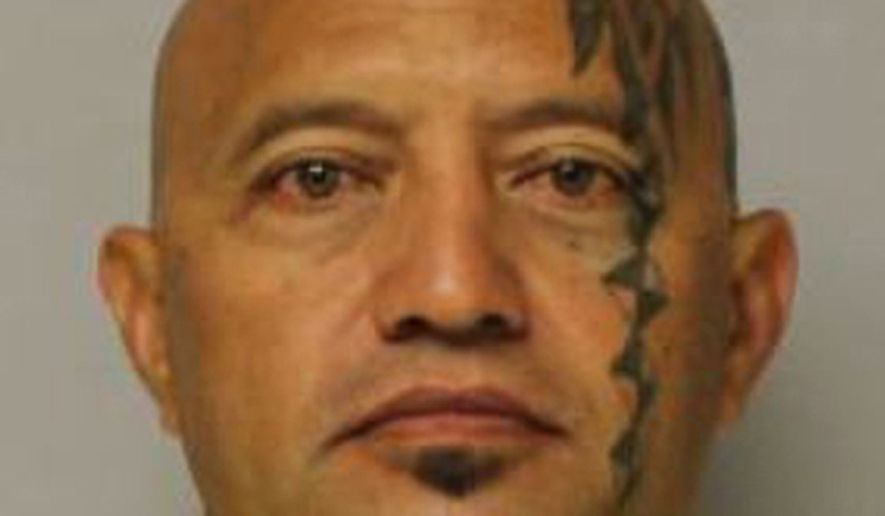A criminal defendant’s controversial use of the Hawaiian language during a Wailuku District Court hearing this week has prompted the Aloha State to revise its policy for providing interpreters.
The Hawaii State Judiciary on Friday announced it will start offering Hawaiian language interpreters, albeit two days after Wailuku District Judge Blaine Kobayashi issued a bench warrant for the arrest of Samuel Kaeo, a Maui man who refused to answer the judge’s questions in English.
Mr. Kaeo, though an English speaker, addressed the court in Hawaiian, which has also been recognized in the state constitution alongside English as an official language since 1978.
“The Judiciary will provide or permit qualified Hawaiian language interpreters to the extent reasonably possible when parties in courtroom proceedings choose to express themselves through the Hawaiian language,” the state’s court system said in a press release.
“The Judiciary will develop implementation procedures for this policy, and welcomes input from the community,” the announcement said.
Mr. Kaeo, 51, had appeared in court on Wednesday in relation to three petty misdemeanor counts brought by prosecutors over a protest held last August. He responded in Hawaiian when asked him to identify himself, and the judge subsequently issued a $750 bench warrant for his arrest.
“The court is unable to get a definitive determination for the record that the defendant seated in court is Mr. Samuel Kaeo,” the judge said.
The warrant was recalled Thursday after sparking an outcry, and the case has since been rescheduled for Feb. 21 for “status, trial setting and further hearing on the issue of an interpreter,” Maui Now reported.
“It’s a real big positive step,” Mr. Kaeo, an associate professor at the University of Hawaii Maui College, said with respect to the state’s planned interpreter policy revisions. Hopefully they’ll try to come up with a plan and find ways to guarantee, provide the necessary tools so that no Hawaiian in the future would be turned away from defending themselves in criminal court or in civil court or be able to use the Hawaiian language if it’s desired,” he told Maui’s KHON2.
The Hawaii Supreme Court established standards for determining the need for court interpreters in 1995, but its ruling didn’t specify how those policies pertained to people who speak both Hawaiian and English, Mr. Kaeo among them.
Mr. Kaeo was initially charged with the three misdemeanors after being arrested while protesting construction of the Daniel K. Inouye Solar Telescope on Maui. He was charged with disorderly conduct, obstructing a sidewalk and failure to obey police who were directing traffic, and he’s pleaded not guilty to all three counts.
• Andrew Blake can be reached at ablake@washingtontimes.com.




Please read our comment policy before commenting.